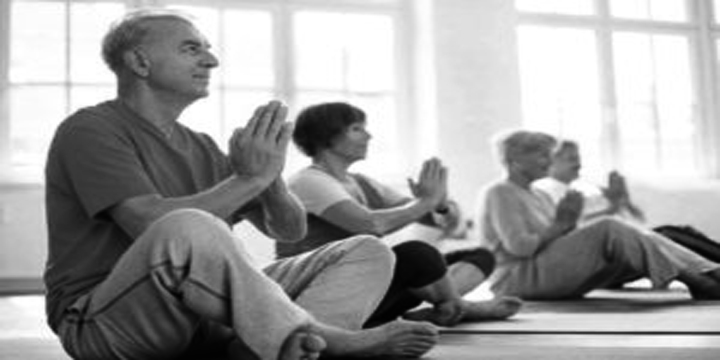Getting colder, when older? You might be surprised when on a hot sunny day you feel uncomfortably hot, your aged relative might feel unpleasantly cold. This is because, as our bodies age, the metabolic rate decreases day by day. The combination of slowing circulation and thinner skin is unable to preserve heat. However, feeling cold is not always related to age but also to cardiovascular diseases, thyroid problem and diabetes. Slow blood circulation decreases body temperature. At old age, the danger of hypothermia increases that reduces the body temperature because of lower metabolic rates. Elderly people with chronic illness, multiple pills, poor nutrition and drinking less water are more vulnerable to cold. exercise in winter season becomes difficult to practice and takes a backseat in our priority list.
Winter can bring a lot of health problems for elderly people, especially those who have mobility issues or those who are home-bound. Here are some tips, which are ideal for senior citizens and that can help your loved one to tackle their health with mild exercise in winter.
- Endurance exercise– This exercise helps to keep your breathing and heart rate normal.
- Swimming – Swimming is the low impact exercise and the best way for seniors to keep body temperature normal. It helps to stretch the muscles and relieves stress on bones as well as joints. Clubs with swimming pools with warm water in winter are available to help you not get cold to soon and exercise in winter while you enjoy the water.
- Cycling – Usually, seniors suffers from muscle pain more in winters. Cycling is a full body exercise. One should do this exercise at least 2-3 days in a week.
- Strengthening exercise– As we age, we need to strengthen the muscles. Lifting light weights and wearing weight bands will help.
- Walking– walking will help to strengthen the muscles and joint. Just carry water and a pair of shoes that will give you good support. Wake up daily early in the morning and walk that will help you to cope with the cold.
- Stretching- Stretching is a very important part of exercise. One should do this at the beginning and end of every exercise. It will help to keep you flexible and prevent injury during exercise.
- Yoga– Yoga can improve both your internal and external physical condition.
- Windmills– This exercise can help you to strengthen your entire body in winter.
- Wear layers – Wear at least 2-3 inner layers to keep body temperature normal rather than wearing a thick cloth. Seniors should always wear layers, hat, gloves, coat and a scarf to protect the lungs from cold air.
- Play games– Games like badminton and bowling with your friend to keep yourself warm in winters.
- Eat right food– Make sure you eat proteins and vitamins in winters; otherwise you can suffer from cold. Eat soup, fruit juices, winter vegetables, hot non-fat milk, coffee and other vitamin –rich foods.
Always consult with your physician before taking any medicine because random medicines can have adverse effect on your health.
If you need further help or advice, give us a call. TriBeCa Care is happy to be by your side. Request a callback or Call us at + 913366064208.
Email us at enquiry@newwpsite.tribecacare.com
https://www.retireathome.com/senior-fitness-exercises-indoors/
https://www.health.gov.il/English/Topics/SeniorHealth/HealthPromo/Pages/coldness.aspx
http://www.comfortkeepers.com/home/info-center/senior-care/winter-health-risks-for-seniors
http://www.ascseniorcare.com/stay-active-winter-months/
http://www.bostonmagazine.com/health/blog/2014/01/02/help-elderly-winter/

